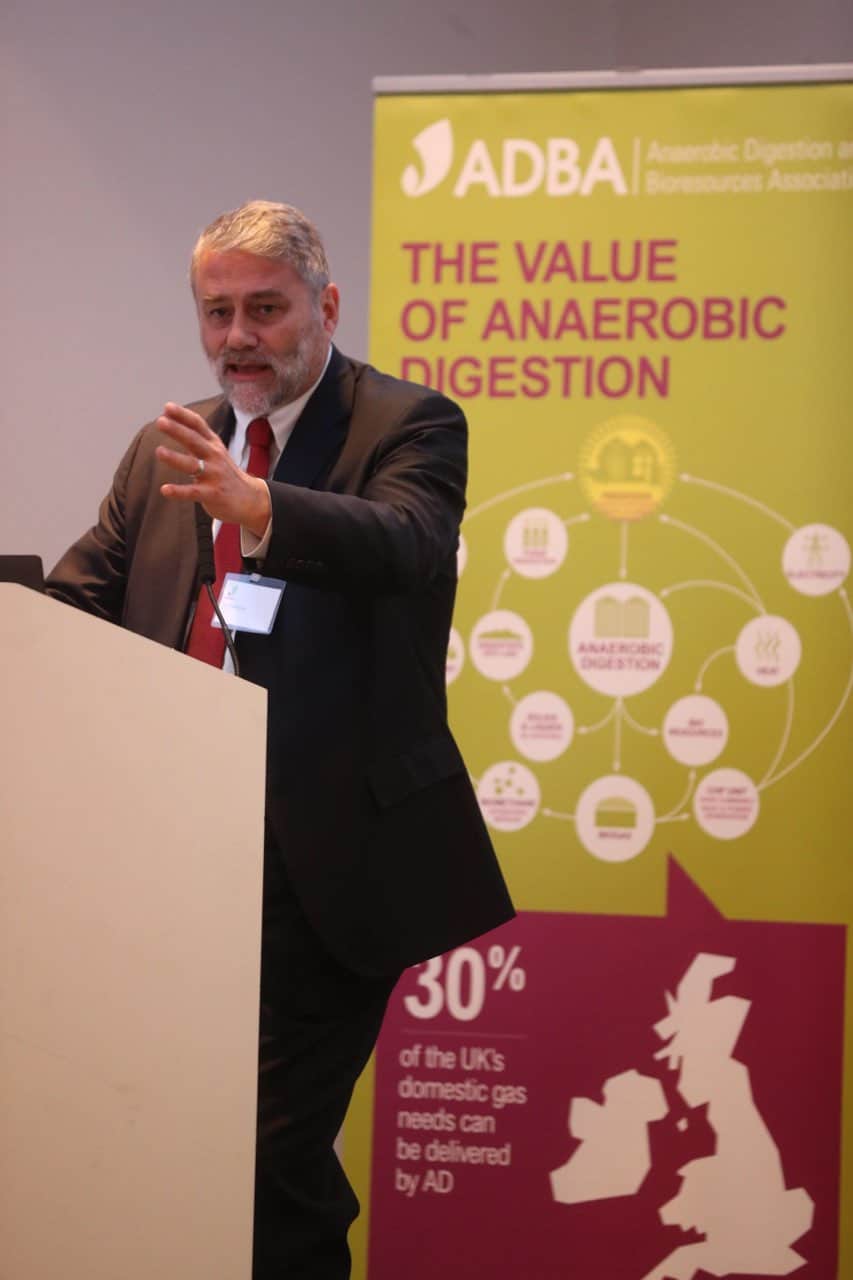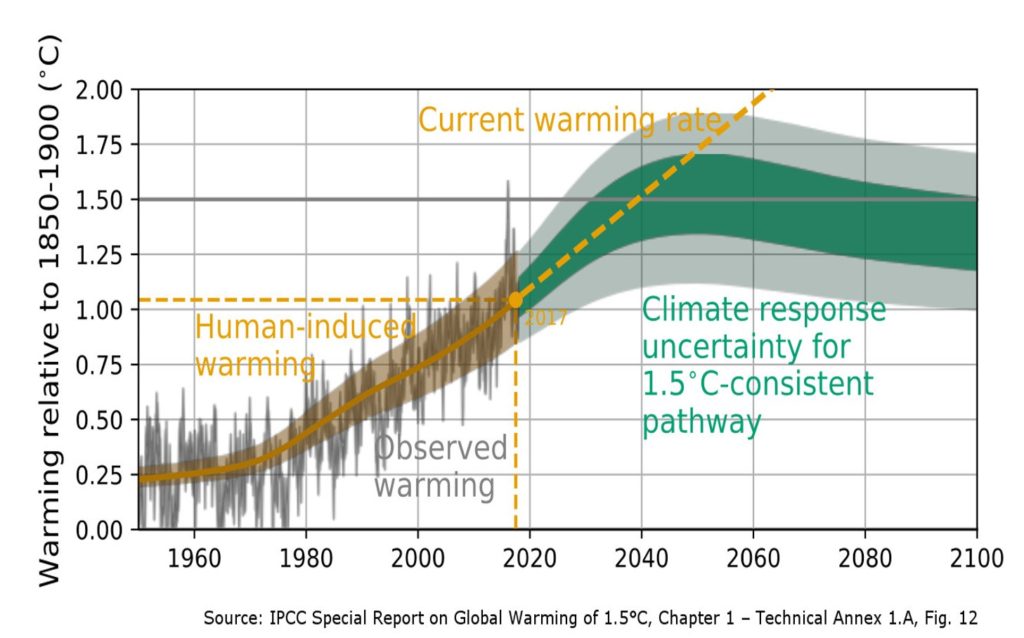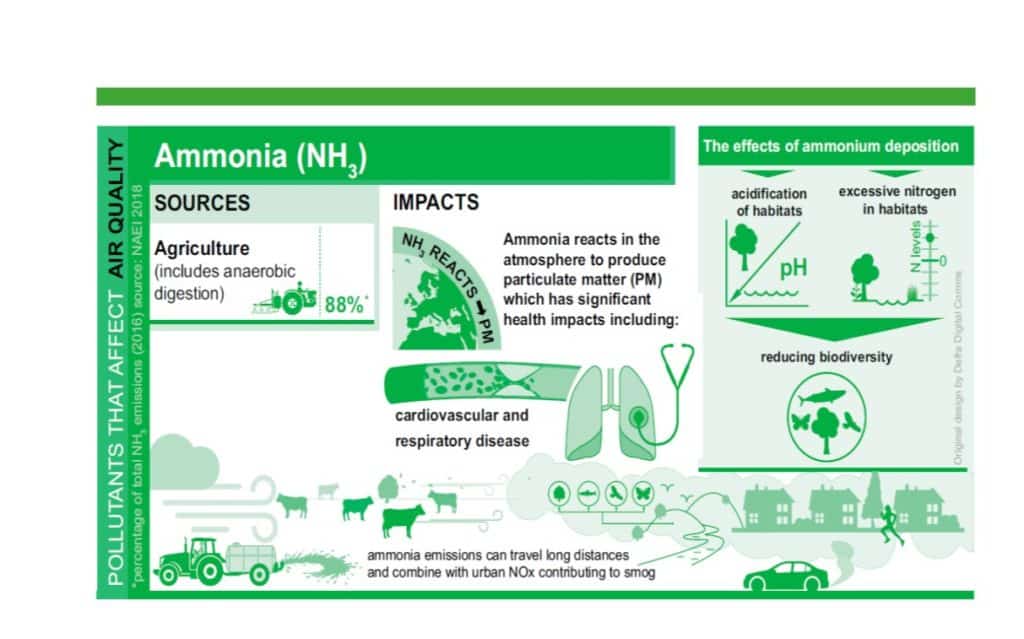
WBA President David Newman presents benefits of biogas in Scotland
World Biogas Association (WBA) President David Newman gave the opening keynote recently at WBA founder member the UK Anaerobic Digestion & Bioresources Association’s (ABDA’s) Scottish National Conference 2019.
 Speaking to over 100 delegates, David opened by giving an introduction to WBA and setting the scene with regard to progress on climate change mitigation since the 2015 Paris Agreement, noting that the action needed to tackle climate change is growing more urgent every day.
Speaking to over 100 delegates, David opened by giving an introduction to WBA and setting the scene with regard to progress on climate change mitigation since the 2015 Paris Agreement, noting that the action needed to tackle climate change is growing more urgent every day.
He pointed out that the UK is currently only producing just over 10% of its gross final energy consumption from renewable sources. Scotland has a target to deliver the equivalent of 100% of gross electricity consumption from renewables by 2020., and while it is a long way ahead of the UK in its production of renewable electricity (almost 70% of electricity consumption in 2017), it is a long way behind on its renewable heat targets, an area where biomethane can make a significant contribution.
David underlined and applauded Scottish leadership in the Scottish AD sector and highlighted the opportunities from recycling inedible food waste through AD, pointing out that only around a third of inedible food waste is currently collected from Scottish households, and that all available inedible food waste from households and businesses could produce around 650 gigawatt hours of heat, an increase of 10% on current levels.
 David also set out some of the challenges for AD and biogas in Scotland, including reducing food waste contamination and ammonia emissions, operating in a low-incentive environment, and above all getting value from digestate. He closed by flagging WBA’s report on food waste management and by encouraging delegates to join WBA to help grow biogas in Scotland and around the world.
David also set out some of the challenges for AD and biogas in Scotland, including reducing food waste contamination and ammonia emissions, operating in a low-incentive environment, and above all getting value from digestate. He closed by flagging WBA’s report on food waste management and by encouraging delegates to join WBA to help grow biogas in Scotland and around the world.
Scotland is one of the most developed parts of the UK in terms of its policies and investments to stimulate recovery of biodegradable waste (including food waste and waste from distilleries, salmon farming and the dairy industry) to produce biogas.
The conference also included panel discussions on the impact of Brexit on meeting Scotland’s waste and emissions targets, the policy and regulatory landscape for AD, emerging markets and technology, and success stories from the Scottish AD industry. It was great to see cooperative and helpful contributions at the conference from the Scottish Government, who want the Scottish AD industry to grow sustainably and who support the move towards a circular economy there. WBA will continue to work with members and partners in Scotland to support the growth of biogas.

